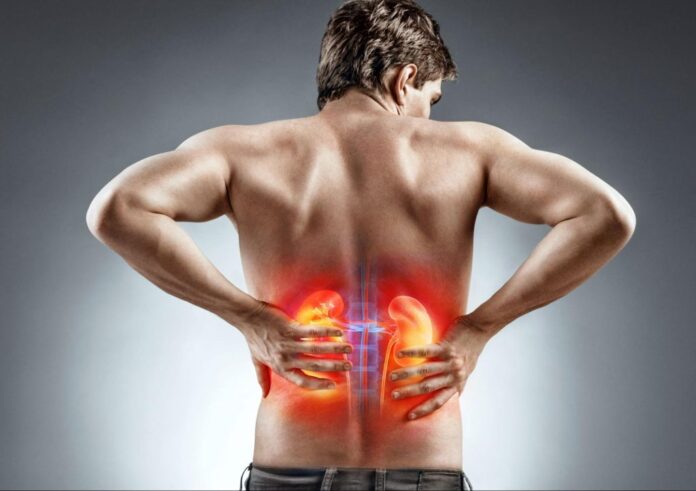Kidney stones are hard deposits of minerals and salts that form in the kidneys. Small daily habits, often overlooked, can increase the risk of developing them. Understanding these habits and implementing protective measures can help you avoid this painful condition. Here’s an explanation:
Daily Habits That Increase Kidney Stone Risk
- Not Drinking Enough Water
- Why it’s risky: Dehydration causes urine to become concentrated, making it easier for minerals to crystallize and form stones.
- Prevention: Drink at least 8–10 glasses of water daily, more if you sweat heavily or live in a hot climate.
- High Salt Intake
- Why it’s risky: Excess salt increases the amount of calcium in the urine, which can contribute to stone formation.
- Prevention: Reduce salty foods such as chips, processed meats, canned foods, and fast food. Opt for herbs and spices to flavor your meals.
- Too Much Animal Protein
- Why it’s risky: Red meat, poultry, and seafood can increase uric acid levels, a risk factor for certain types of kidney stones.
- Prevention: Limit animal protein and incorporate plant-based proteins like lentils, beans, and tofu into your diet.
- Overconsumption of Oxalate-Rich Foods
- Why it’s risky: Foods like spinach, nuts, chocolate, and beets contain oxalates, which can combine with calcium to form stones.
- Prevention: Pair oxalate-rich foods with calcium-rich ones (e.g., dairy) to bind oxalates in the gut and prevent stone formation.
- Excess Sugar or Sugary Drinks
- Why it’s risky: High sugar intake can increase calcium excretion in the urine and reduce magnesium, which helps prevent stones.
- Prevention: Limit sugary beverages, sodas, and desserts; choose natural sweeteners like jaggery or honey in moderation.
- Sedentary Lifestyle
- Why it’s risky: Lack of movement can lead to calcium being released from the bones into the bloodstream, increasing stone risk.
- Prevention: Stay active with regular exercise to maintain healthy calcium metabolism.
- Skipping Calcium
- Why it’s risky: Low calcium intake can lead to more oxalates being absorbed into the bloodstream, which increases the likelihood of stones.
- Prevention: Include calcium-rich foods like milk, yogurt, cheese, and fortified plant-based milks in your diet.
- Ignoring Chronic Health Conditions
- Why it’s risky: Conditions like obesity, diabetes, and high blood pressure can increase kidney stone risk.
- Prevention: Manage these conditions with a balanced diet, regular exercise, and medications as prescribed.
Other Preventive Tips
- Consume Citrate-Rich Foods
- How it helps: Citrus fruits like oranges, lemons, and limes can prevent stone formation by binding with calcium in urine.
- Monitor Supplement Intake
- Avoid excessive vitamin C or calcium supplements unless recommended by a doctor, as these can increase stone risk.
- Limit Alcohol and Caffeine
- Both can lead to dehydration if consumed excessively. Stay hydrated if you drink these beverages.
- Stay Regular with Bathroom Breaks
- Avoid holding in urine for long periods, as it can increase the risk of crystal formation.
By making small changes to your diet and lifestyle, you can significantly reduce the risk of kidney stones and maintain overall kidney health.



